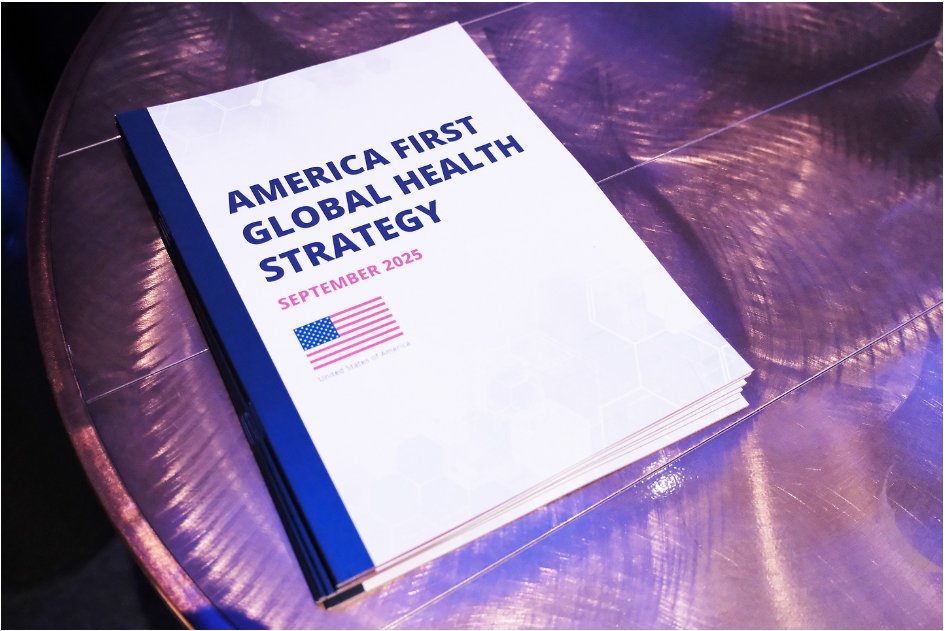
Li Zhuo, PhD Candidate, Peking University
Ren Minghui, Professor at Peking University’s School of Public Health
Oct 03, 2025
The international community looks to the United States to be a champion of partnership, not to reduce global health to a mere tool of geopolitical competition. The choice Washington makes now will echo for generations.
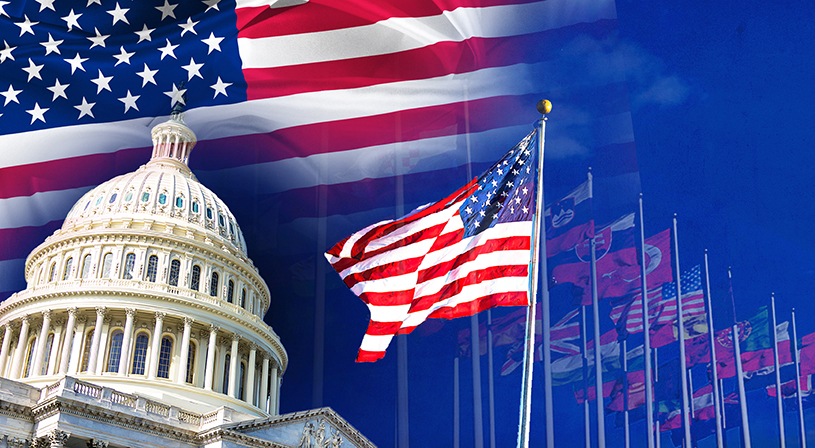
Li Yan, Director of President's Office, China Institutes of Contemporary International Relations
Sep 29, 2025
The United States faces a profound domestic governance crisis compounded by a loss of international credibility. This is undermining policy cohesion and eroding the foundation of America’s long-term strength and global influence.
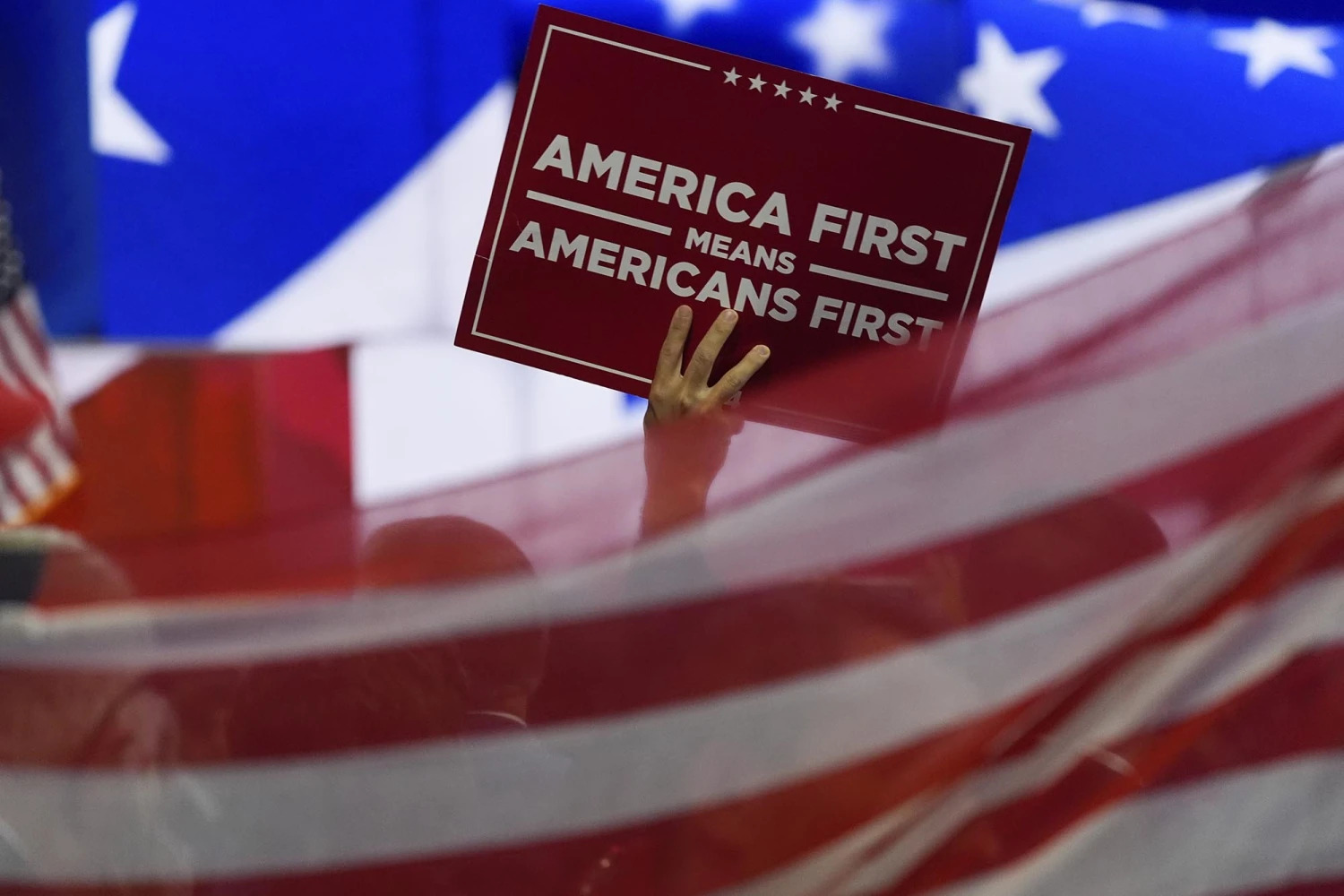
Warwick Powell, Adjunct Professor at Queensland University of Technology
Sep 26, 2025
The United States remains committed to global primacy. That’s been a longstanding ambition that cuts across party lines inside the Beltway. Its security doctrines, diplomatic rhetoric and military posture continue to project the image of an indispensable nation whose umbrella guarantees the survival of allies from Europe to Asia. Yet beneath this facade, a widening gap has emerged between Washington’s strategic ambitions and its material capabilities.

Dan Steinbock, Founder, Difference Group
Sep 26, 2025
The new film Evil Unbound tells the story of Unit 731 and Japanese biowarfare in China. How the mass murderers escaped justice with U.S. support after World War II offers lessons even today.
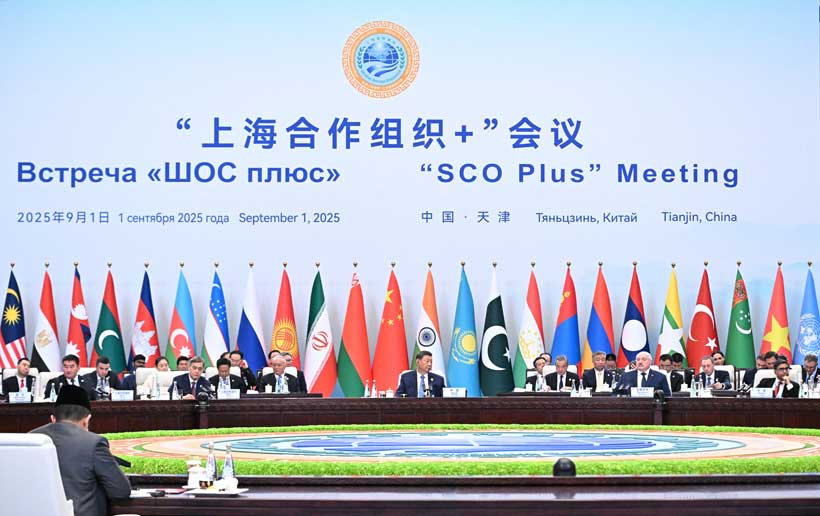
Zhang Wenzong, Associate Research Fellow, CICIR
Sep 12, 2025
It should not be difficult for politicians of insight to choose between joining hands to build a community with a shared future for mankind or becoming powerful countries’ pawns to fight and exhaust one another.

Zhao Long, Deputy Director and Senior Fellow, Institute for International Strategic and Security Studies, Shanghai Institutes for International Studies (SIIS)
Sep 12, 2025
Only by transcending the “winner-loser” mindset and exploring a binding solution that is fair, enduring and acceptable to all parties can countries finally rebuild a balanced, effective and sustainable European security framework based on the concept of community.
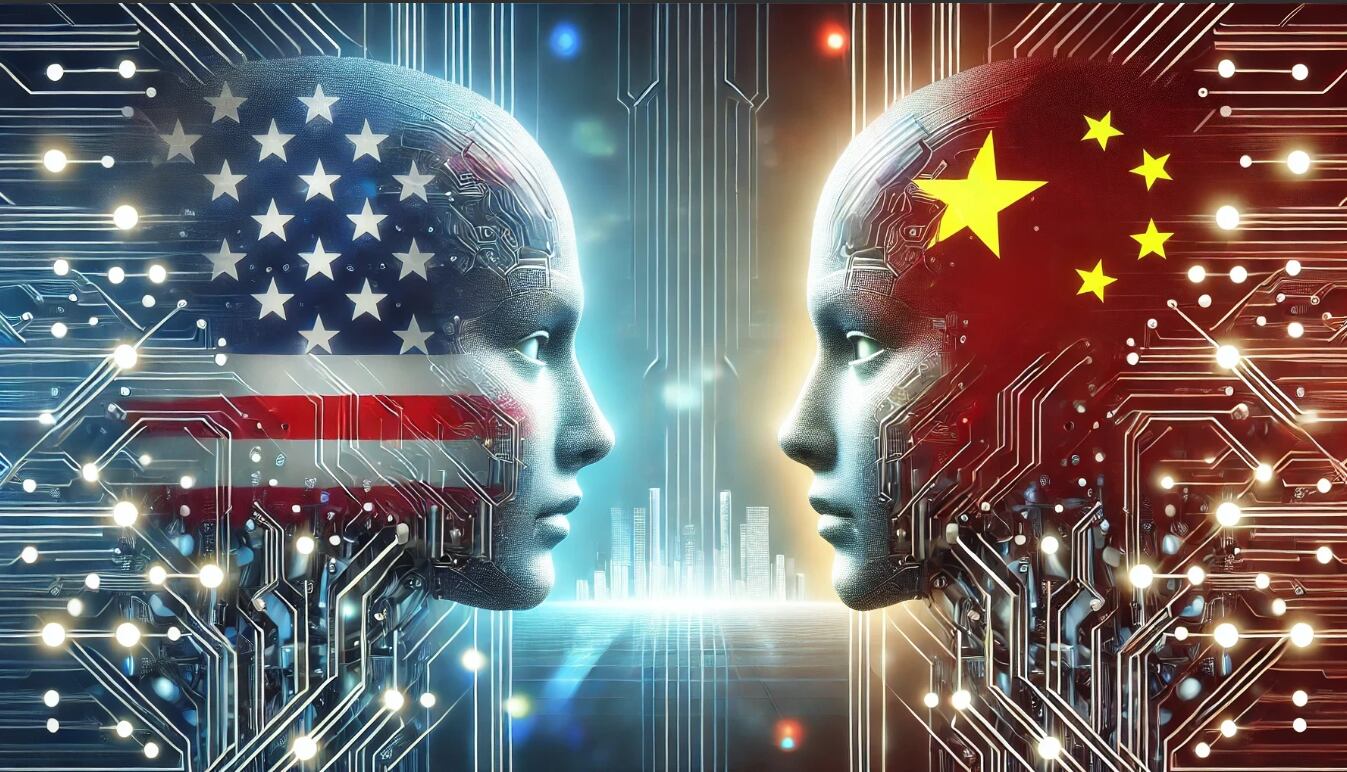
Xiao Qian, Deputy Director, Center for International Security and Strategy at Tsinghua University
Sep 09, 2025
America’s AI Action Plan reveals the close ideological alignment of the Trump administration with the “tech right,” such as permissionless innovation, anti-woke AI and pro-capital innovation culture.

Sebastian Contin Trillo-Figueroa, Geopolitics Analyst in EU-Asia Relations and AsiaGlobal Fellow, The University of Hong Kong
Sep 05, 2025
Today’s international order is shaped by “orbital bipolarity,” dominated by the United States and China, with secondary powers navigating their influence; Europe is limited in its role, China acts cautiously, Russia capitalizes on Western hesitation, and Ukraine remains trapped in the conflict.

Sun Chenghao, Fellow, Center for International Security and Strategy of Tsinghua University; Munich Young Leader 2025
Sep 01, 2025
Whether the dream is making America great again or the great rejuvenation of the Chinese nation, the aspirations of the two countries’ respective peoples for a better life should drive every decision. Neither people will succeed without a sound external environment. Slogans are not enough.
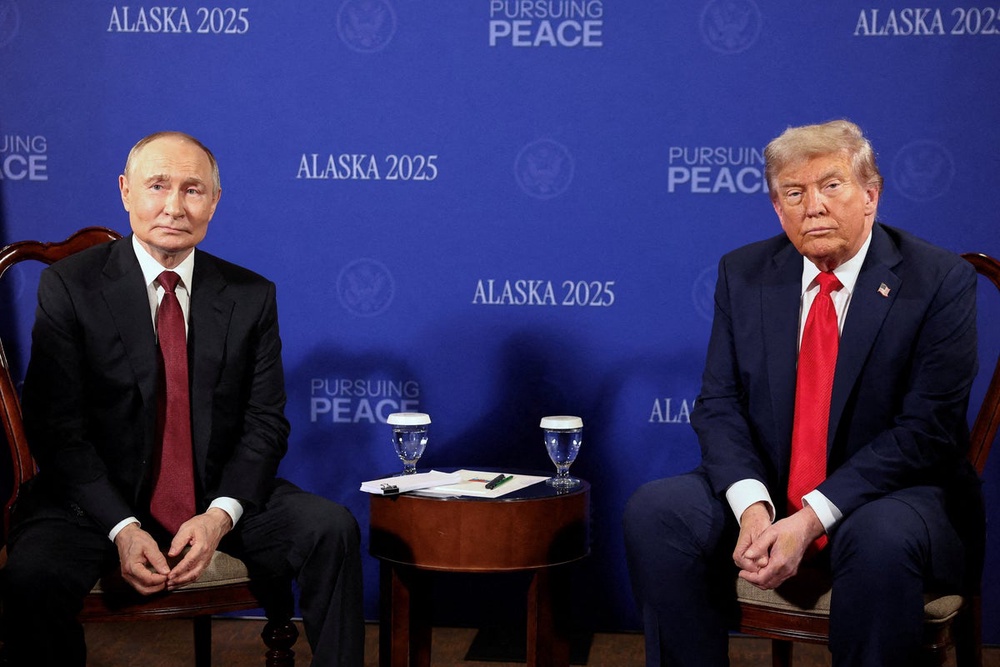
Sujit Kumar Datta, Former Chairman of Department of International Relations, University of Chittagong, Bangladesh
Aug 26, 2025
The legacy of Donald Trump may endure if only because he triggered a new global order through the law of unintended consequences. He has set in motion a major power shift in which China — aligning with India, Russia and key trade blocs — will become the global captain over the next 10 to 20 years.
Back to Top

- China-US Focus builds trust and understanding between the U.S. and China through open dialogue among thought leaders.
- Our Offerings
- Topics
- Videos
- Podcasts
- Columnists
- Research Reports
- Focus Digest
- Stay Connected
-
Thanks for signing up!
- Get the latest stories from China-US Focus weekly.